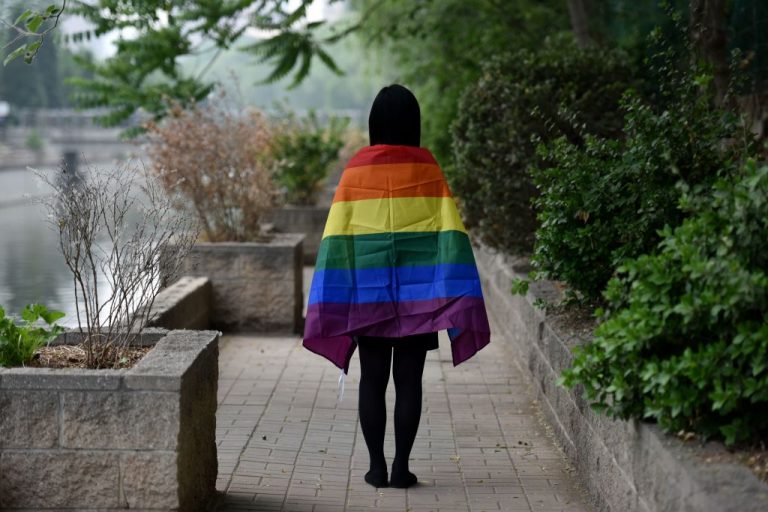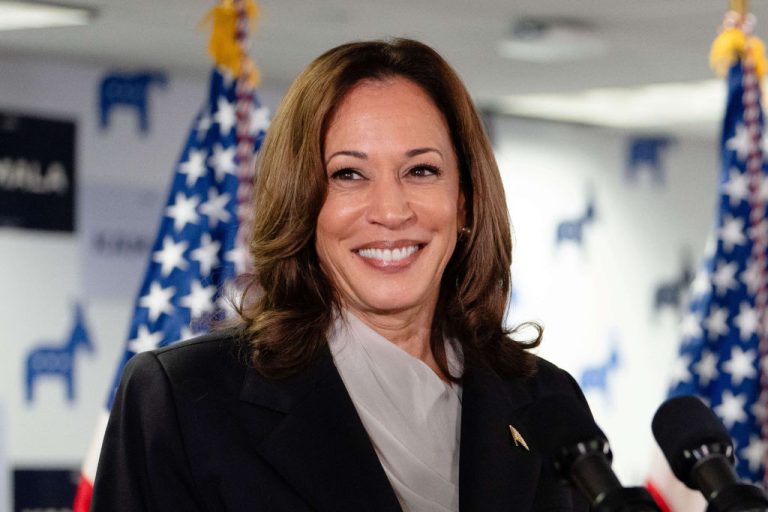A new report published jointly by Fight for the Future and GreatFire revealed that 27 apps that exclusively catered to the LGBT community were removed from Apple’s App Store in China. The App Store in Saudi Arabia is the only store with more removed apps, with 28 apps missing.
Fight for the Future is an advocacy group that fights for digital rights, and GreatFire is a non-profit organization that monitors China’s censorship practices. The report that was jointly published on June 15th sheds light on the fact that the App Store enables governments to censor LGBT apps in 152 countries.
However, Apple has donated to pro-LGBT organizations in America such as GLSEN, PFLAG, Gender Spectrum, the National Center for Transgender Equality (NCTE), and the International Lesbian, Gay, Bisexual, Trans and Intersex Association (ILGA) World.
Apple releases at least one “Pride” edition Apple Watch band for the community every year, and Apple CEO Tim Cook received the GLSEN Champion award. In March 2020, Apple and several other tech companies signed a letter opposing anti-LGBT state-level bills across the U.S.
“The companies joining this statement do business, create jobs, and serve customers throughout the United States. Our businesses strongly embrace diversity and inclusion because we want everyone who works for us or does business with us to feel included and welcomed as their true, authentic selves,” the letter stated.
Success
You are now signed up for our newsletter
Success
Check your email to complete sign up
“We are deeply concerned by the bills being introduced in state houses across the country that single out LGBTQ individuals… As business leaders dedicated to equal treatment, respect, and opportunity for all – as well as to improving the financial and investment climate across the country – we call for public leaders to abandon or oppose efforts to enact this type of discriminatory legislation and ensure fairness for all America,” the letter continued.
In an interview with Protocol, Benjamin Ismail, GreatFire’s advocacy director and Apple Censorship project coordinator, said that despite China’s track record of “widespread and pervasive censorship, it’s surprising that the country bans more LGBTQ+-related apps on the App Store than countries that criminalize homosexuality.”
“It is our assumption that Apple’s position in different countries varies and that the company feels more comfortable to ignore/refuse/delay some governments’ requests than others,” Ismail said.
Censorship in the US
While Apple censors LGBT apps in some nations, the company censors anti-LGBT apps in the United States, thereby practicing an ideological double standard. In 2018, national LGBT group Truth Wins Out lodged a complaint with Apple against an Arlington-based Living Hope Ministries, which published a controversial therapy app.
Truth Wins Out complained that Living Hope Ministries was targeting young LGBT people in an attempt “to change (them) from gay-to-straight through prayer and therapy,” and called the app “bigoted and hateful.” The organization asked for the app’s removal from the App Store.
A day after the organization launched its petition, which had garnered 355 signatures, Apple removed the app from its store. Ricky Chelette, the executive director of Living Hope Ministries, expressed disappointment at Apple’s decision.
“I think it’s unfortunate that the advocacy group doesn’t know what we do and is assuming that we’re some hate organization. We are not. We love gay-identified individuals. We try to help folks who are conflicted with their faith and feelings,” he said to NBC News.
In 2010, Apple removed an app called Manhattan Declaration, which advocated for “the sanctity of life, the dignity of marriage as the union of one man and one woman, and religious liberty.” The removal followed a petition with 7,644 signatures, which criticized the app for promoting “restrictions on women’s choice and LGBT equality.”
Apple justified the removal, stating that the app violated “developer guidelines by being offensive to large groups of people.” Religious leaders condemned the action.
In a letter to then Apple CEO Steve Jobs, the leaders wrote, “We hope that you will see how wrong it would be to let one side shut down the opposing side in a debate by slandering their opponents with prejudicial labels such as ‘bigot’ or ‘homophobe.’”
In a 2017 New York Post article, Aaron Renn of the Manhattan Institute for Policy Research warned about Big Tech companies such as Google and Apple, which had a combined 98 percent market share in mobile phone operating systems at the time, using their monopoly powers to censor free speech.
Renn wrote the article in response to two tech giants banning Twitter alternative Gab from their app stores, citing “hate speech.” Gab did not censor its users.
“Google and Apple have used their duopoly status to revoke the First Amendment on mobile phones. Because the Internet is now majority mobile, and a growing majority of all Web traffic comes from mobile devices, the First Amendment is now effectively dead in the mobile sphere unless policymakers act to rein in the tech giants who serve as corporate gatekeepers to digital speech,” Renn wrote.







